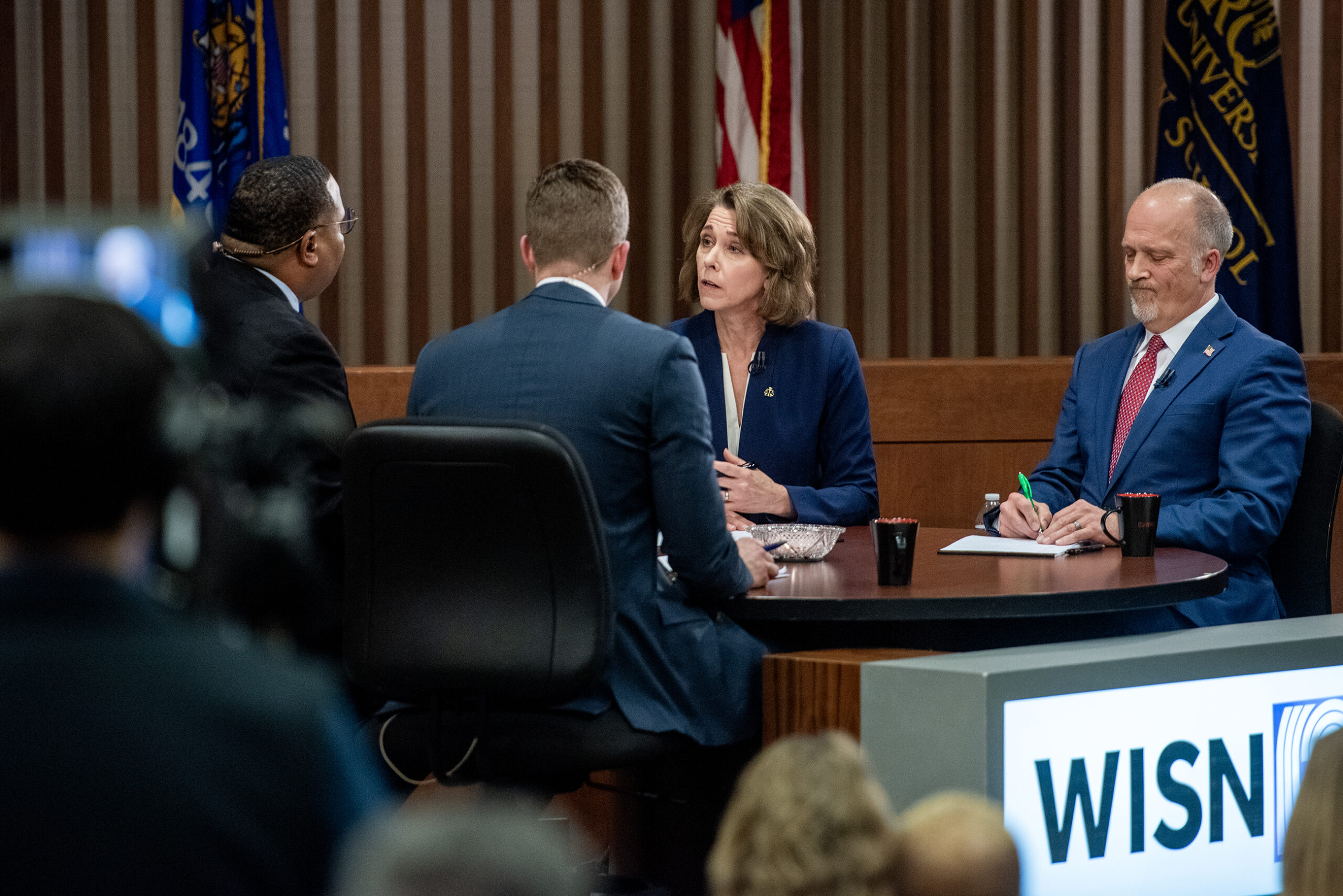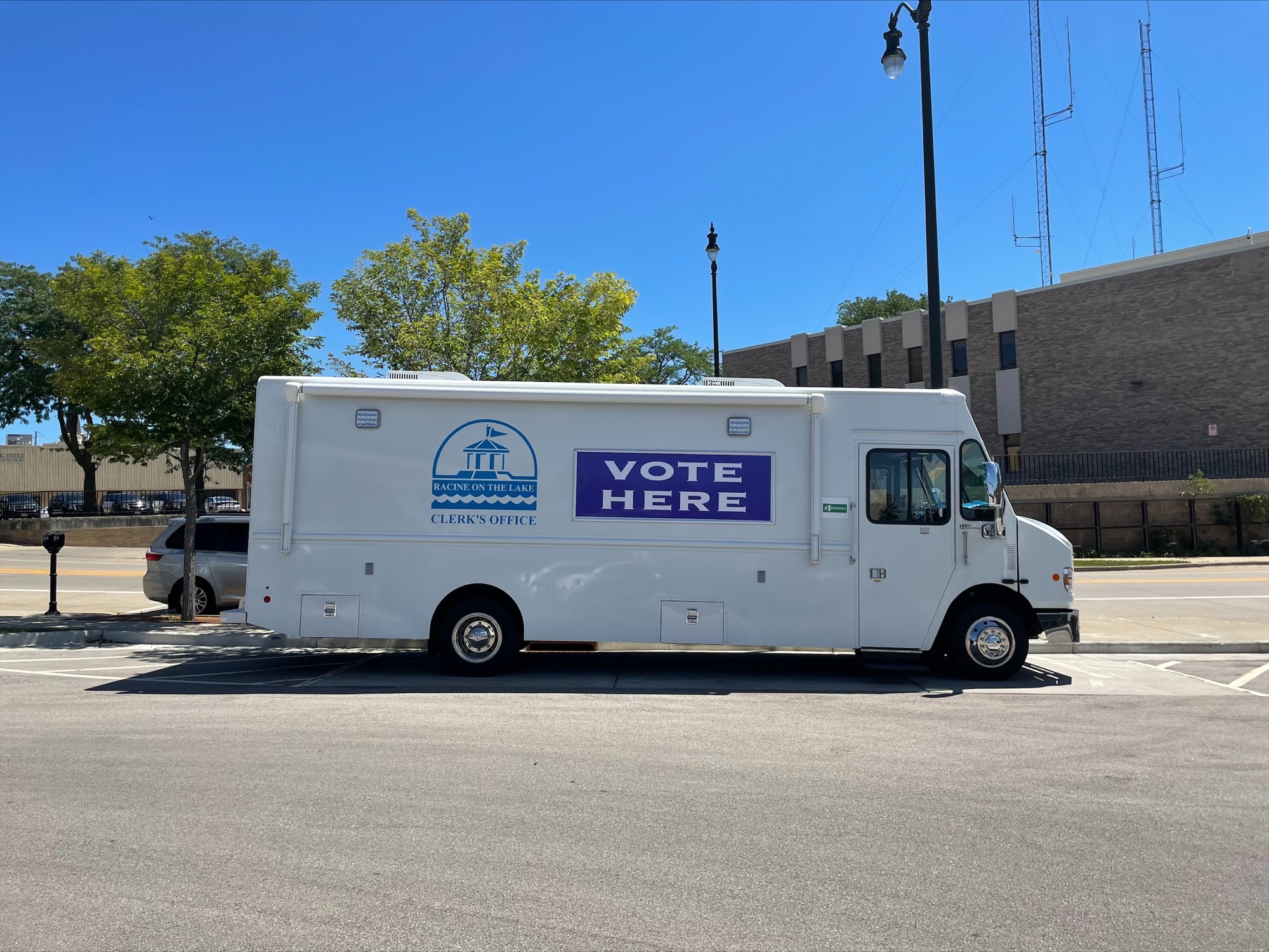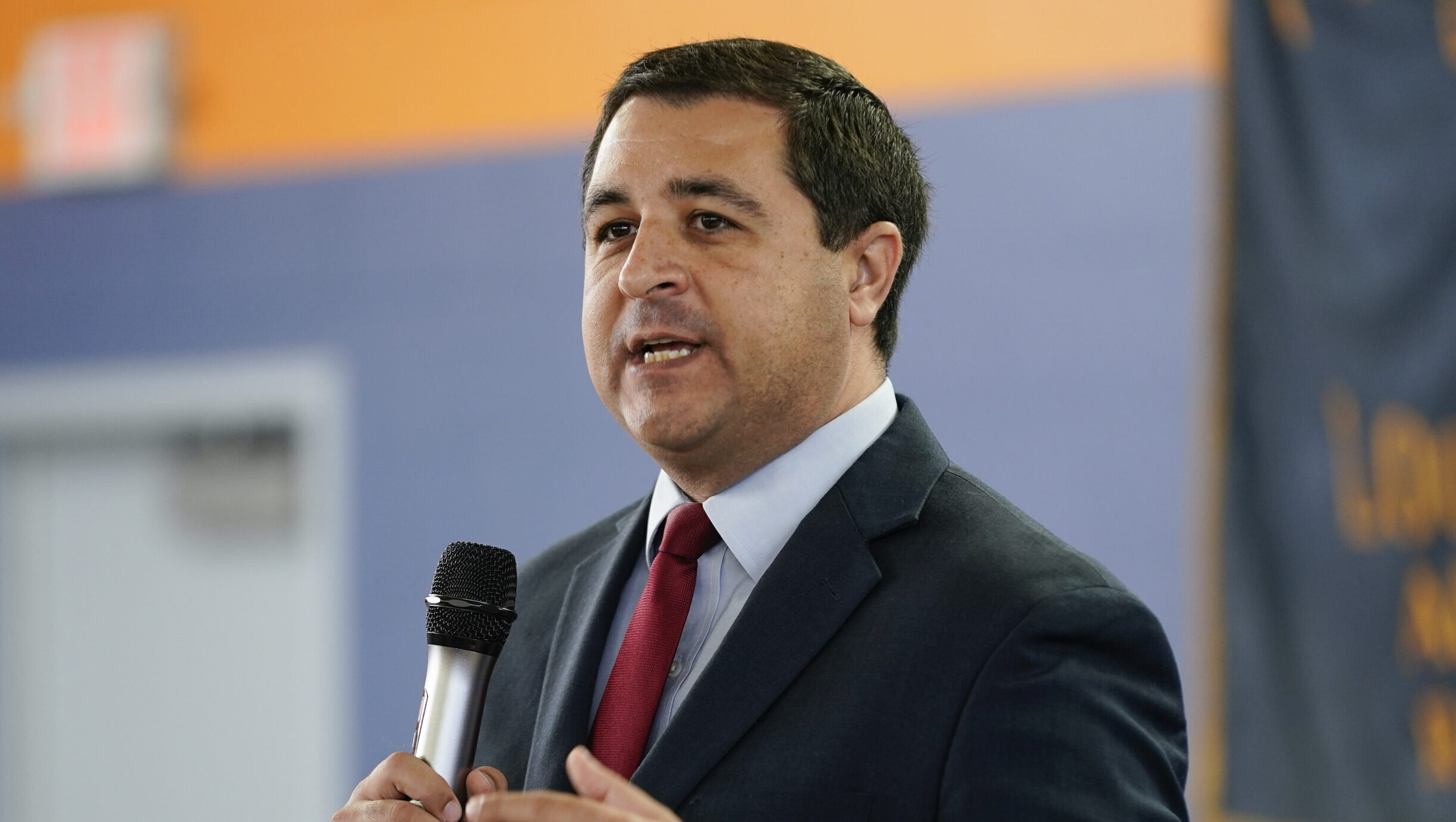Justices on Wisconsin’s Supreme Court have rejected an effort by conservatives to change the rules for the next round of redistricting, denying a petition that would have required all redistricting lawsuits to run through them.
States redraw their political boundaries every decade after the U.S. Census to make sure districts are roughly equal in population. The high-stakes process carries huge political implications and inevitably leads to lawsuits.
That’s all but certain to happen this year, with Democratic Gov. Tony Evers and Republican lawmakers unlikely to agree on a new political map for the next decade.
Stay informed on the latest news
Sign up for WPR’s email newsletter.
A petition by the Wisconsin Institute for Law and Liberty would have required any redistricting lawsuit to be handled as an “original action” before the Wisconsin Supreme Court, meaning it would bypass lower courts. The governor and Legislature could present their own redistricting plans and outside groups could also intervene.
While justices rejected the proposal, they did not rule out the possibility of hearing a redistricting case.
“Our decision in this rule matter should not be deemed predictive of this court’s response to a petition for review asking this court to review a lower court’s ruling on a redistricting challenge or a request that we assume original jurisdiction over a future redistricting case or controversy,” wrote the court. “It remains well-settled that redistricting challenges often merit this court’s exercise of its original jurisdiction.”
While the petition was based on the idea that redistricting is fundamentally a responsibility of state government, it also reflected the political reality that conservatives hold a 4-3 majority on the Wisconsin Supreme Court.
But during a hearing on the petition, justices were openly skeptical of the idea, particularly a provision that gave the court the power to draw political boundaries itself. Conservative Justice Patience Roggensack suggested during the hearing that the proposal raised both constitutional and practical concerns, saying that the court was ill-equipped to handle map-drawing even if it wanted to.
Opponents of the petition celebrated the court’s decision Friday.
“The State Supreme Court has made the right decision in denying the effort to rig the map-drawing process through a ridiculously partisan proposed rule,” said Fair Elections Project director Sachin Chheda in a written statement. “The legislature should now commit to an open, honest, transparent, and fair process to draw and approve district maps for the next decade. The people deserve nothing less.”
But WILL noted in a written statement of its own that the court’s decision did not preclude justices from taking redistricting cases if they want to.
“The Court has determined the proposed rule is not needed, but has made clear that rejection of the rule does not mean the Court will reject its jurisdictional role with respect to redistricting,” said WILL president Rick Esenberg.
Even though the Census data that forms the building blocks of redistricting isn’t expected to be available until August, courts have already been busy dealing with preliminary cases.
Last month, a circuit court judge voided contracts Wisconsin Republican lawmakers reached with two private law firms to handle redistricting, ruling the state Legislature can’t hire its own attorneys until there’s a lawsuit pending. Republicans have appealed that case.
Wisconsin Public Radio, © Copyright 2025, Board of Regents of the University of Wisconsin System and Wisconsin Educational Communications Board.





